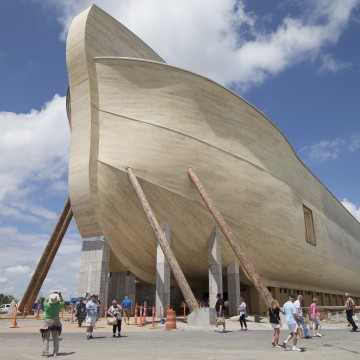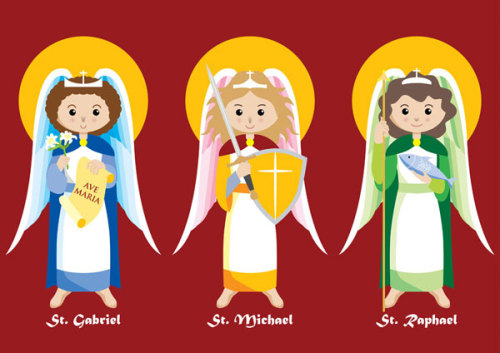Initially, my contribution for today was supposed to include only the two pictures you will find later on, but when I saw your message BWT, and especially the line about "Who gets the glory in the end" made me change my mind. I would also like to share quite a few lines I came up with late last night. They deal with the major holidays in the Christian calendar, including of course Christmas, God's relating to humans and the praise of His glory.
It suddenly occurred to me that by focusing mostly on Christ's passion we become self-centered about His mission on earth, while His birth and resurrection are strictly about Him and His divinity. The passion is the price He paid on our behalf, out of love for us and because of our sins.
And the immense worth of His sacrifice is properly understood and made real only in light of His divinity. Otherwise, He would be just another moral teacher or an innocent man wrongly convicted. And since the accusation was blasphemy, if He were just a mere man, then the conviction would even be righteous.
Only God's Son could take away the sin of the world and carry it on His shoulders and bury it with His resurrection. Jesus did suffer for us and He was indeed born in order to die for us. His wounds are the ultimate signs of His love for us. But His miraculous birth and, above all, His glorious resurrection are the signs of His divinity.
Looking at His wounds and at the cross we ought to feel the shame and the weight of our sins. But still, we are self-centered because the indirect focus is us, even if by proxy of Christ's suffering. However real and profound, ours is a devotion born out of contrition for our sins, our mistakes, it is about us and our need to know that our God is not a stranger to our sorrow.
But when we look at the manger and at the empty tomb we witness nothing but God in His full glory. The One who transcends our human pettiness, the One whose existence and might is independent of any human activity, thought or contribution, except of course the contribution of a humble maiden named Mary who became the Mother of God Himself by lending Him the earthly layer. And so, although Almighty, the Creator became dependent on His creature in order to save it from its sin. And that is because He wants to save us, but He also desires our intent to be saved.

Amazingly enough, He who is everything needs us – us and our freely given cooperation, us and our imperfect love tainted by sin, but restored by repentance and His forgiving grace. And on Calvary, God's dependence on His creatures is manifest in the most extreme, violent and brutal of ways. He who sustains all creation and who breathed everything into existence is at mercy of His creatures who spat in His face, filled His body with horrendous lashes and nailed Him to a cross.
Good Friday is the time of humanity's reckoning with itself and its most profound darkness. Christmas night and Easter Sunday are the brightest moments of God's light shining on earth. And if tragically, we can all „boast“ that we did contribute to Christ's passion because of our sinning, we should bow our heads, bend our knees and our wills to the One whose resurrection we had nothing to do with.
Thankfully, Virgin Mary's obedient cooperation with God's plan does joyfully involve humanity into God's entry in the world. All the saints in heaven (known and unknown) and all the martyrs are further proves of the awesome beauty of humans when they do submit themselves fully and irrevocably to God's will. Because
in the very end that is what matters most – His will and His glory. Everything else is either superfluous or ephemeral.
On Good Friday we acknowledge what God did for us, sinners while at Christmas time and on Easter Sunday we praise Him for who He is – the Almighty One, the Creator and the Redeemer, the source of all light, goodness and eternal joy, the One whose glory and majesty surpasses all human definition and comprehension.


































